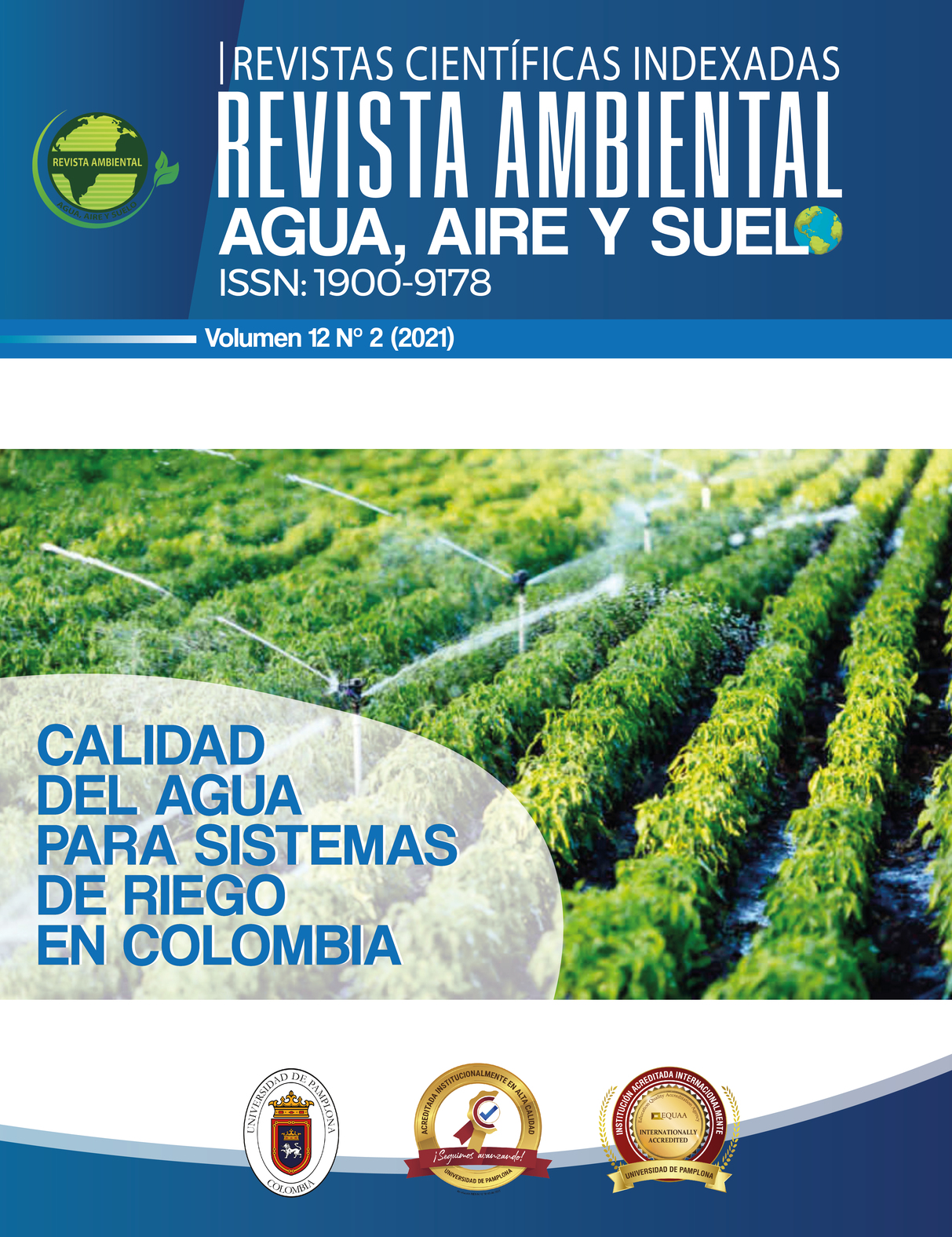ANALYSIS OF TOOLS FOR DEVELOPING AN ENVIRONMENTAL SUPPORT SYSTEM TO IDENTIFY SOLID WASTE
Keywords:
solid waste, deep learning, artificial intelligence, environmental managementAbstract
This paper presents a detailed methodology for the development of an environmental support system for solid waste identification. The methodology is divided into three fundamental stages: hardware selection, software selection, and preliminary algorithm design. In the first stage, a selection matrix is used to evaluate and compare several key hardware aspects, such as processors, RAM, programming languages, graphics processing, price and market availability. The weighted results indicate that the Raspberry Pi 4 and the Jetson Nano are the most suitable options, based on the specific needs of the project. In the second stage, a similar selection matrix is used to evaluate critical aspects of the software, such as licensing cost, library availability, integration with development environments, connectivity with office software and support for artificial intelligence. Python emerges as the ideal programming language, with a weight of 52.35%, due to its versatility and processing capacity. In addition, a proposed algorithm is presented that addresses data preparation, including image resizing, training and validation data labeling, grayscale image conversion, and data normalization. Taken together, this methodology provides a sound guide for the development of a system that can significantly contribute to environmental management and sustainability by effectively identifying solid waste. The proposed approach can have a positive impact on urban and rural environments by improving the efficiency of waste management.
Downloads
References
Abdallah, M., Abu Talib, M., Feroz, S., Nasir, Q., Abdalla, H., & Mahfood, B. (2020). Artificial intelligence applications in solid waste management: A systematic research review. In Waste Management (Vol. 109, pp. 231–246). Elsevier Ltd. https://doi.org/10.1016/j.wasman.2020.04.057
Alqahtani, F., Al-Makhadmeh, Z., Tolba, A., & Said, W. (2020). Internet of things-based urban waste management system for smart cities using a Cuckoo Search Algorithm. Cluster Computing. https://doi.org/10.1007/s10586-020-03126-x
Cavanzo-Nisso, G. A., Pérez-Pereira, M. R., & Villavisan-Buitrago, F. (2017). Medición de eficiencia de algoritmos de visión artificial implementados en raspberry pi y ordenador personal mediante Python.
Ingenium, 18(35), 105–119.
Graf, J., Batchelor, W., Harper, S., Marlow, R., Carlisle, E., & Athanas, P. (2020). A practical application of game theory to optimize selection of hardware Trojan detection strategies. Journal of Hardware and Systems Security, 4(2), 98–119. https://doi.org/10.1007/s41635-019-00089-3
Lenarduzzi, V., Taibi, D., Tosi, D., Lavazza, L., & Morasca, S. (2020). Open Source Software Evaluation, Selection, and Adoption: A Systematic Literature Review. Proceedings - 46th Euromicro Conference on Software Engineering and Advanced Applications, SEAA 2020, 437–444. https://doi.org/10.1109/SEAA51224.2020.00076
Olabanji, O., & Mpofu, K. (2020). Pugh matrix and aggregated by extent analysis using trapezoidal fuzzy number for assessing conceptual designs. Decision Science Letters, 9(1), 21–36. https://doi.org/10.5267/j.dsl.2019.9.001
Perales Esteve, M., Toral Marín, S., & Gutierrez Reina, D. (2020). Formación en Ingeniería y Cooperación Internacional: Diseño de drones acuáticos para monitorización de variables ambientales. XIV Congreso de Tecnologías Aplicadas a La Enseñanza de La Electrónica, 11–16.
Valencia, V. R., Vera, R. B., Cabrera, C. M., Guerra, J., & Saltos, E. (2019). Propuesta de un sistema de estacionamiento Inteligente con sensores IoT. Revista Iberica de Sistemas y Tecnologias de Informacion, 19(4), 553–567. search.proquest.com/openview/5b2c56a6dda949cb7b5f8875c88b1437/1?pq-origsite=gscholar&cbl=1006393
Vidal, C. J. C. J., Bravo, J. J., Cajiao, E., Meza, P. P., Arango, S., Franco, D., Calderón, J. H., Jos, J., Cajiao, E., Pablo, G. P., Franco, A. S. D., & Hern, J. (2012). Guía metodológica para la priorización de proyectos: un enfoque aplicado a la infraestructura, la logística y la conectividad. Sello editorial Javeriano.
Downloads
Published
Versions
- 2021-10-18 (5)
- 2021-10-15 (4)
- 2021-07-02 (3)
- 2021-07-02 (2)
- 2023-10-30 (1)








